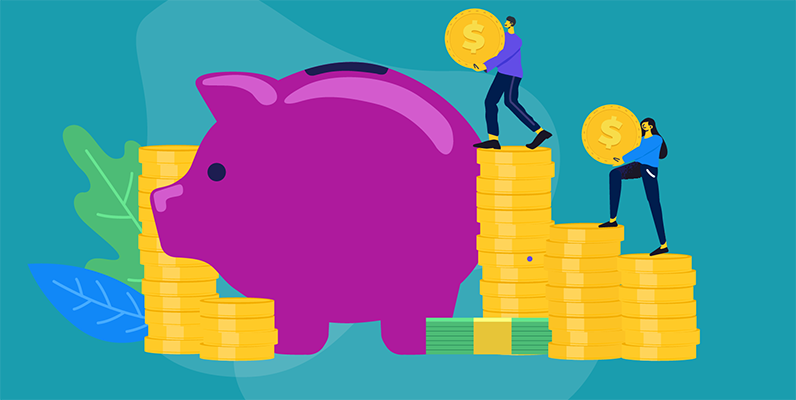Hi Kerry,
Without having all the information I need about yourself, I would say generally no, unless you suffer a loss on the $10,000 investment which reduces your taxable income, or your annual taxable income is in the lowest tax bracket when you sell the investment (under $18,200 this financial year) which means you would not be paying any income tax anyway.
Our tax system is designed so that you would have more money in your pocket when you earn more, not when you try to find cheeky loopholes and use it for your advantage. That being said, a lower tax bill is generally achievable if you get professional help. Importantly, your end-game should never be obtaining tax benefits alone, but the net worth you have that’s truly yours, which is everything you own minus everything you owe, after all the fees and taxes you pay. Your net worth is the most important measure when it comes to financial freedom, and tax management is a part that shouldn’t be looked at separately.
The truth is, as long as an investment is chosen well and you are in it for the long haul, it would almost always produce more benefit investing in super than outside of super because superannuation system is the most tax-effective investment environment in Australia. Here is why.
Let’s assume in the year 2000 you bought $10,000 worth of Apple shares inside super and another $10,000 worth of Apple shares outside of super. Today (30th July 2020), you decide to sell all your Apple shares to fund your retirement and you are pleasantly surprised that the value of the initial $10,000 investment now becomes around $757,611 for both your inside and outside of super money over the past 20 years.
However, when you sell these shares, it triggers a Capital Gain Tax (CGT) for both accounts. The tax on the super account is around $75,761 whereas on the same investment account outside super the tax is around $356,077 including Medicare levy. If you are already retired and all your super money is converted into the retirement stage super (we call it Account-Based Pension), the tax you pay on the investment gain could become $0. The difference in this example could be as big as $356,077 in tax alone, counting for almost half of all the money you’ve made in the past 20 years.
Obviously, it is a hypothetical scenario for our comparison only, and we don’t know if Apple shares will continue growing as well as it has been for the past 20 years. You can, however, use the principle to help you make investment decisions: the tax is almost always lower in super than outside of super.
Our superannuation funds now have near 3 trillion dollars, more than the entire share market, not only because of the attractive tax environment but also for the other cherries on the cake:
- the fact that you cannot access your super before retiring, making it an ideal place to hold growth assets and ride out all the ups and downs in prices over time. It also helps us make more rational decisions on investments, as we could often feel too attached to the money we can access any time and that is not a good thing in investment or building your net worth;
- the flexibility and a wide choice of investments that you don’t get from every country, meaning you can go as conservative or aggressive as you wish to be;
- your employer contributed super guarantee payments typically buy investments at a regular interval as they hit your super account, meaning with the same amount of money, you buy more investments when they are cheap, and buy less when they are expensive. This is also called “dollar cost averaging” and we love it;
- Did I mention all expense in super is tax-deductible?
Hope I have answered your question.





















